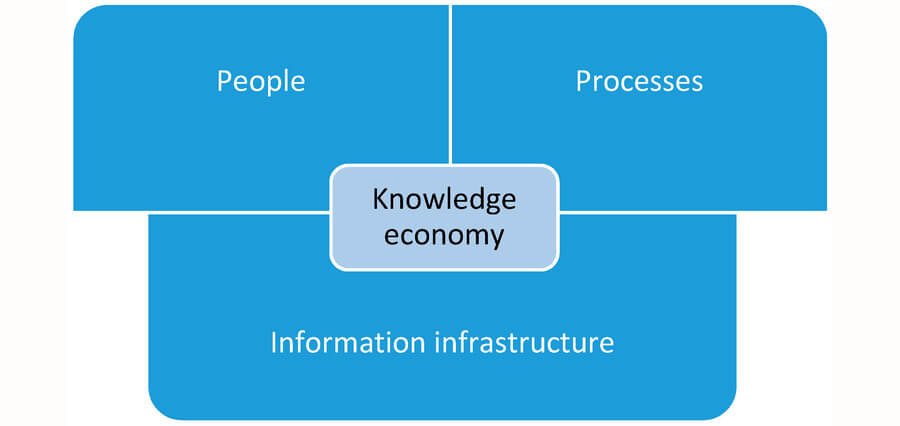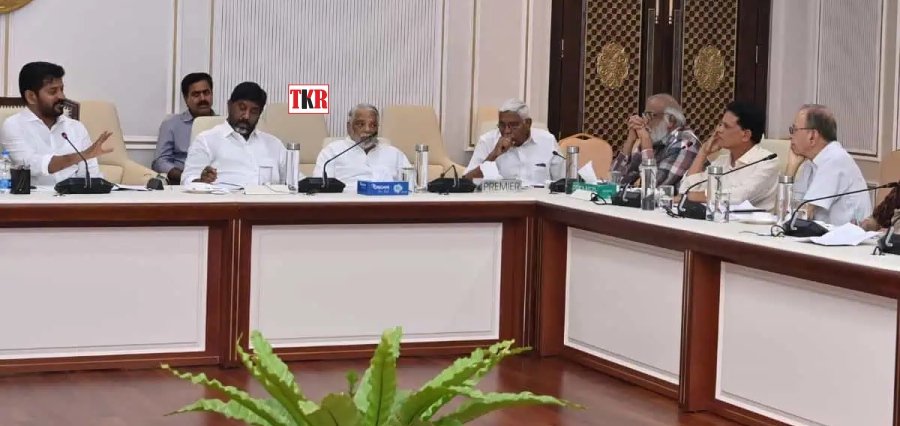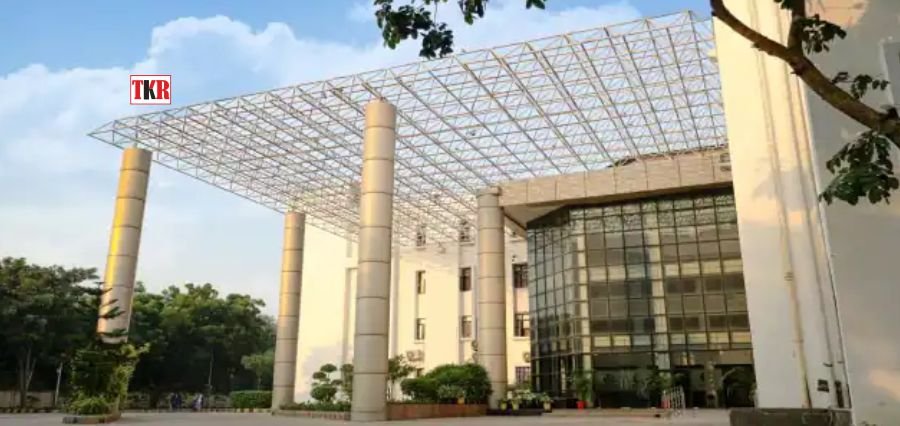Evolution is as essential for life as breathing to be alive. On the path of sustainability, we can leverage the full force of technological advancements, including digitalization and the recent virtualization of major spheres of our existence. Education stands at the forefront of this paradigm shift as we have already embraced the digital age, its transformative impact on various industries, and the relentless march of technological progress.
A futuristic educational approach that combines cutting-edge technology, personalized experiences, and sustainable knowledge creation is virtual contextualized learning. The advent of virtual contextualized learning, a cutting-edge educational approach that amalgamates advanced technologies, personalized experiences, and real-world applicability, is poised to redefine the landscape of education as we know it. In this futuristic era, traditional classrooms will no longer be confined by brick and mortar; instead, they will transcend the boundaries of time and space, offering learners immersive and interactive experiences that resonate with their unique needs, interests, and contexts.
Shedding Old-Adapting New
Virtual contextualized learning represents a quantum leap from conventional educational methodologies, transcending the limitations of the one-size-fits-all approach that has characterized traditional teaching practices for centuries. It harnesses the potential of groundbreaking technologies, such as virtual reality (VR), augmented reality (AR), artificial intelligence (AI), and machine learning (ML), to create dynamic and transformative learning environments. In doing so, it empowers learners to engage in experiential and real-world simulations, fostering deeper connections between theoretical knowledge and practical application.
In this new educational paradigm, learners become active participants in their learning journey, shaping their paths and exploring topics that resonate with their passions and aspirations. The personalized nature of virtual contextualized learning ensures that each learner’s individual strengths and weaknesses are catered to, offering tailored content and activities that optimize learning outcomes. By breaking free from the constraints of a standardized curriculum, this approach nurtures a culture of lifelong learning, where learners continuously evolve and adapt to the dynamic demands of the future.
A Distinctive Approach
Examples of futuristic virtual contextualized learning abound, showcasing the remarkable potential of this transformative approach. From virtual laboratories and simulations that allow aspiring scientists to conduct experiments without the need for physical equipment to virtual field trips that transport history students to ancient civilizations, these immersive experiences enrich and deepen the educational journey. Moreover, AI-powered adaptive learning platforms offer learners personalized learning paths, guiding them towards mastery of subjects at their own pace.
Beyond traditional academic settings, virtual contextualized learning extends its impact to professional development and work-based training. Companies can offer virtual internships, providing learners with authentic, real-world challenges to solve remotely. This fosters a symbiotic relationship between academia and industry, with learners gaining practical experience and organizations tapping into a global talent pool that transcends geographical barriers.
The Context of a Sustainable Knowledge Economy
Knowledge has become a vital currency for economic growth and societal progress in a rapidly changing global landscape. A sustainable knowledge economy emphasizes creating, disseminating, and applying knowledge as a driving force for development. This knowledge-driven economy relies on a well-educated and skilled workforce capable of adapting to dynamic challenges and leveraging technological innovations. Traditional education systems may fail to meet these demands, necessitating innovative approaches like virtual contextualized learning.
What is Virtual Contextualized Learning?
Virtual contextualized learning goes beyond the conventional one-size-fits-all approach by tailoring educational experiences to each learner’s unique needs, interests, and context. It leverages virtual reality (VR), augmented reality (AR), artificial intelligence (AI), and other immersive technologies to create interactive and experiential learning environments. This approach enables learners to explore real-world scenarios, apply knowledge in practical situations, and engage with personalized content, fostering a deeper understanding and retention of information.
Futuristic Virtual Contextualized Learning Cases
Virtual Laboratories and Simulations-Traditionally, science, and engineering students have relied on physical laboratories for hands-on experimentation. Virtual contextualized learning offers an alternative through immersive virtual laboratories and simulations. For instance, medical students can practice complex surgical procedures in a safe and controlled virtual environment. This not only enhances their technical skills but also promotes a deeper understanding of the human body’s intricacies.
Virtual Field Trips-Virtual contextualized learning brings the world to the classroom, allowing students to experience distant locations and cultures without leaving their seats. Using VR technology, history students can explore ancient civilizations, art enthusiasts can visit world-renowned museums, and geography students can tour natural wonders. These virtual field trips offer rich learning experiences while reducing the carbon footprint associated with physical travel.
Personalized Learning Paths-AI-powered adaptive learning platforms can analyze students’ performance, preferences, and learning styles to create personalized learning paths. These platforms recommend tailored content and activities, ensuring each learner receives the right challenge and support. This approach optimizes learning outcomes, as students can progress at their own pace and focus on areas where they need improvement.
Gamification of Learning-Gamification elements can be incorporated into virtual contextualized learning to enhance engagement and motivation. Educational games and simulations make learning enjoyable and competitive, encouraging learners to actively participate in problem-solving, critical thinking, and decision-making activities.
Virtual Internships and Work-based Learning-Virtual contextualized learning extends to professional development and work-based training. Companies can offer virtual internships, enabling learners to work on real projects remotely and gain practical experience. This approach benefits both learners, who can build relevant skills, and organizations, which can access a global talent pool.
Advantages of Futuristic Virtual Contextualized Learning
Inclusivity and Accessibility-Virtual contextualized learning can reach learners in remote areas, underserved communities, or those with physical disabilities, providing equal access to quality education.
Sustainable Resource Utilization-By reducing the need for physical infrastructure, transportation, and printed materials, virtual contextualized learning contributes to a more sustainable educational ecosystem.
Lifelong Learning and Continuous Upskilling-Virtual contextualized learning fosters a culture of lifelong learning, allowing individuals to continuously upskill and adapt to changing job market demands.
Data-driven Insights-The integration of AI and analytics in virtual contextualized learning platforms offers valuable insights into learners’ progress and challenges, allowing educators to refine their teaching strategies continuously.
As we navigate the complexities of the 21st century, a sustainable knowledge economy lies at the heart of societal progress and economic growth. The future of education lies in embracing virtual contextualized learning as a catalyst for sustainable knowledge creation and economic development.
Virtual contextualized learning emerges as a potent catalyst in cultivating a workforce that can drive innovation, contribute to sustainable development, and thrive in the ever-changing landscape of the knowledge-driven economy.
Educational institutions can steer their students towards a brighter, more empowered future by harnessing the advantages of virtual contextualized learning, including inclusivity, sustainability, continuous upskilling, and data-driven insights.
Read More: Click Here





